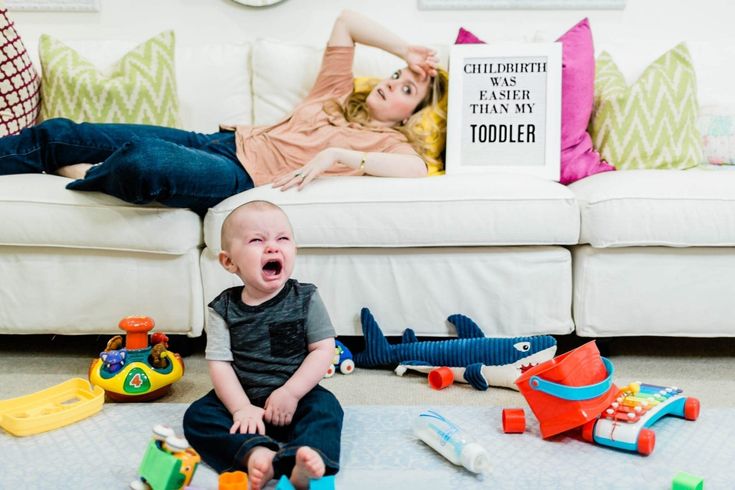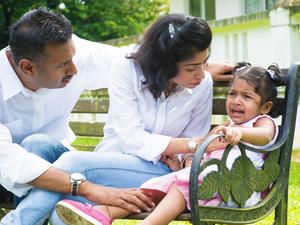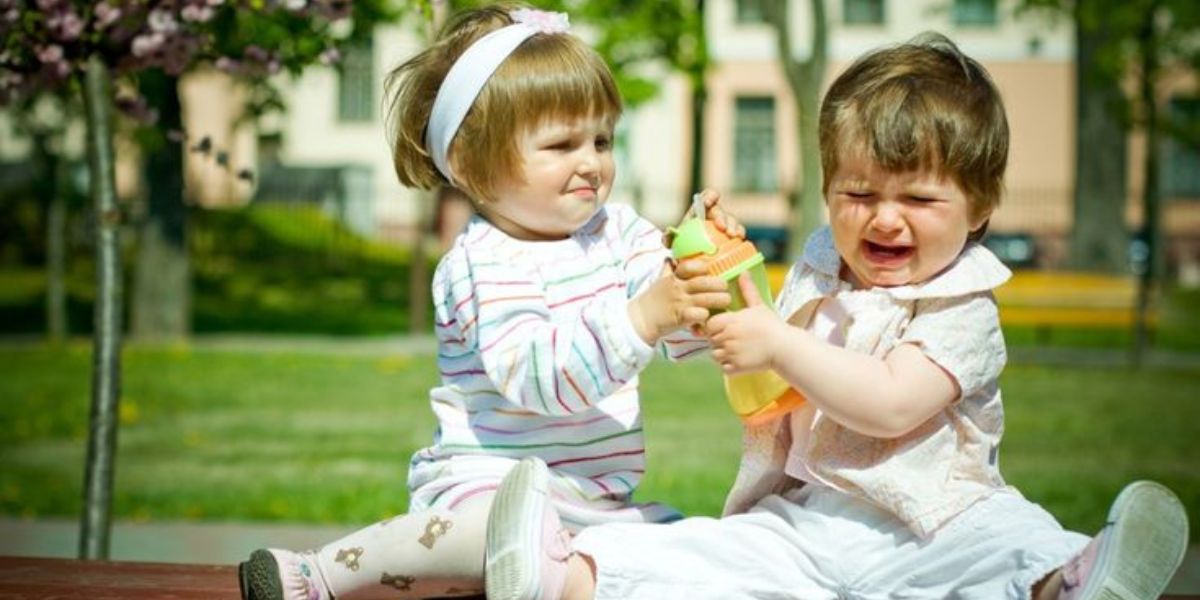Kapanlagi.com - Seeing your little one, still a toddler, behaving aggressively by hitting, whether it's friends, family, or even their own parents, can certainly make parents feel anxious. However, don't worry too much! This habit is not an indication that parents have failed in their upbringing. In fact, a child who likes to hit does not necessarily grow up to be a violent person later on.
According to information from Healthline, there are several reasons behind the hitting behavior often exhibited by toddlers. First, they may be trying to test boundaries to understand what is acceptable and what is not. Second, at this age, children still have limited self-control, so they tend to react impulsively to the emotions they feel. Additionally, they do not fully understand that hitting is wrong, as their moral understanding is still developing.
So, let’s view this behavior as part of their learning process, not as a reflection of failure in parenting!
1. Avoid Using Violence

When little ones start to show hitting habits, it is important to remember that violence is not the right solution. Punishing by hitting, slapping, or pinching will only make the child mimic that behavior. Instead, talk to the child in a calm and firm tone. Toddlers are more likely to respond positively when their parents speak patiently, rather than through shouting or anger, which will only add to their confusion.
Although this situation can be very frustrating, parents should take a moment to calm themselves before interacting with the child. This way, the child will see their parents as figures who can control their emotions, while also learning about the importance of self-control. This is an important first step in helping them understand how to behave better in the future.
2. Keep Children Away from Situations

When a child behaves aggressively, the first step parents need to take is to remove them from situations that trigger negative emotions. Take the little one to a quiet place, such as in a car, a room, or a silent area, so they can reflect and calm down. In this calm moment, parents have a golden opportunity to discuss the behavior more effectively.
Redirecting the child's attention from the situation that triggers anger is key to easing their mood. Once the emotions have settled, parents can gently explain why hitting is unacceptable. This is a valuable moment to educate the child about more positive ways to express their feelings, so they learn to communicate better in the future.
3. Provide Emotional Support
A child's behavior of hitting others is often caused by their inability to manage and recognize their emotions. Therefore, the role of parents is very important in providing emotional support. A warm hug and gentle words can be a bridge for the child to calm negative emotions that disturb them, making them feel more cared for and supported.
Parents also need to actively help their children understand the various emotions that exist. By guiding children to identify their feelings using age-appropriate words, they will be better able to control their emotions without resorting to aggressive actions. In this way, children not only learn about themselves but also how to interact with others in a more positive manner.
4. Teach That Violence Is Not Good
As parents, it is important to instill the understanding that violence is not a good solution. Once the child's mood has calmed down, gently yet firmly communicate that hitting is a form of violence that can hurt others. With a loving approach, the child will find it easier to accept that their behavior is unjustifiable.
Additionally, teach children positive ways to express anger or frustration. Encourage them to talk to their parents or use words to describe their feelings. This will help children understand that there are many more constructive ways to express emotions without having to hurt others.
5. Provide Consequences for Children's Actions
One of the last steps that parents can take to address a child's habit of hitting is to impose appropriate punishment. However, it is important to remember that punishment does not have to involve violence. There are many creative ways to provide consequences, such as reducing playtime with their favorite toys. With this approach, the child will learn that hitting has unpleasant consequences.
By providing appropriate and consistent consequences, the child will more easily understand that aggressive behavior is unacceptable. In addition, do not forget to always explain to them why they are receiving those consequences. In this way, the child not only learns about boundaries but also understands the importance of good behavior in interacting with others.
6. Why is it important not to use violence to address toddlers who hit?
Using violence can make children imitate such behavior, worsening aggression problems.
7. What should you do if a child hits someone else?
Remove the child from the situation and take them to a quiet place before discussing their actions.
(kpl/abh)
Disclaimer: This translation from Bahasa Indonesia to English has been generated by Artificial Intelligence.














